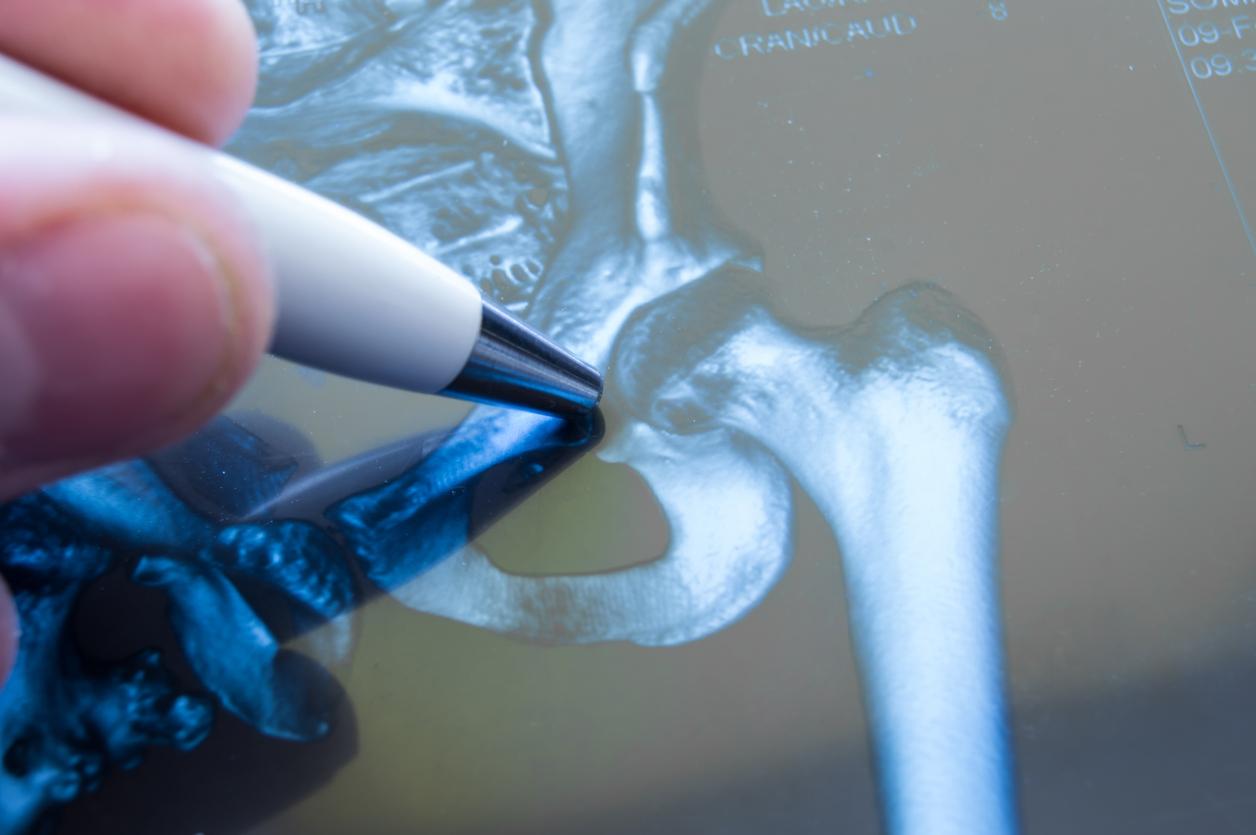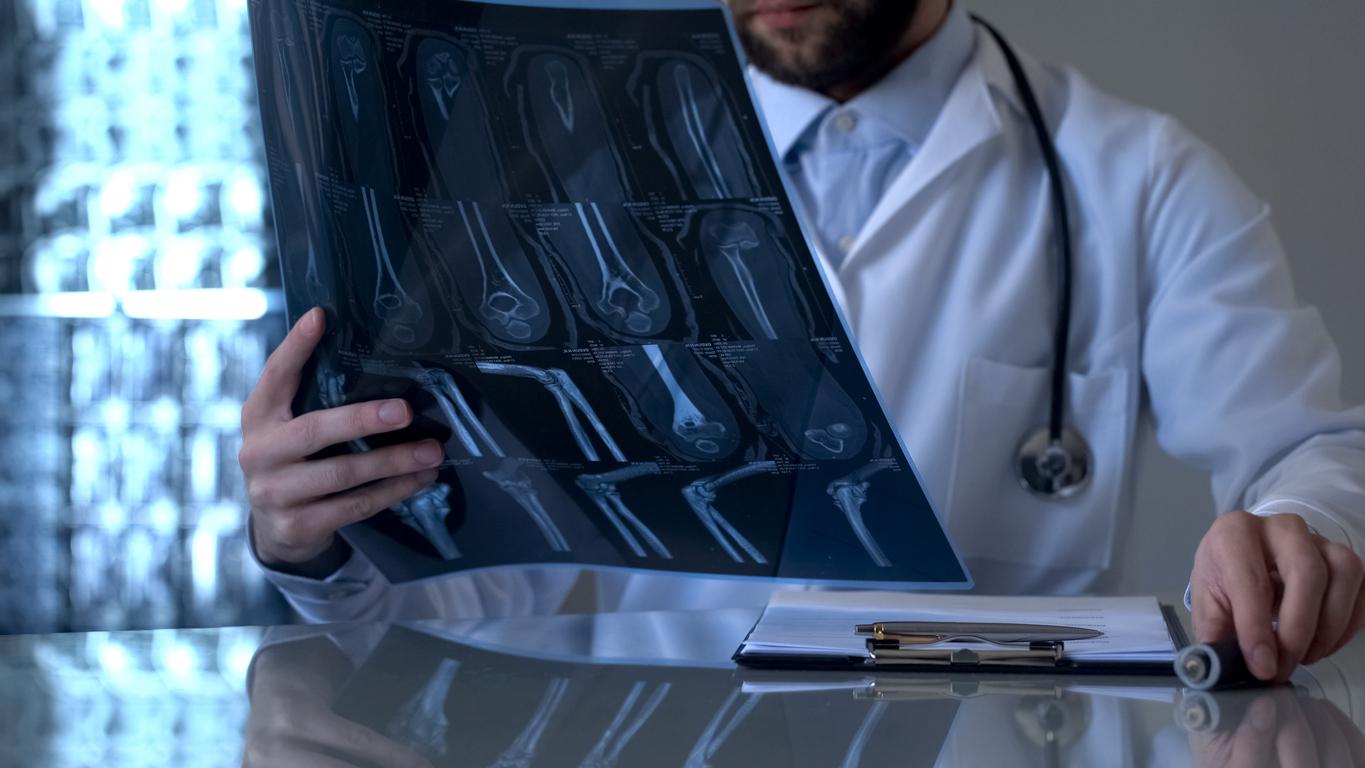Contrary to popular belief, providing vitamin D supplements to adults who do not have a deficiency would not prevent falls and fractures and would not improve bone density in any way.

Contrary to received ideas. While most people are convinced that vitamin D is the miracle solution to strengthen their muscle and skeletal health, this is not the case according to a new study from New Zealand published Thursday, October 4 in the journal The Lancet Diabetes & Endocrinology.
To come to this conclusion, researchers from the University of Auckland conducted the largest ever meta-analysis on vitamin D, based on 81 controlled clinical trials on the subject. The majority of these studies included women over 65 receiving daily doses of vitamin D over 20 mg.
No demonstrated benefit in the absence of deficit
Bottom line: supplements have no clinically significant effects on fractures and falls. In addition, they do not improve bone density in adults, say the researchers. And this, whatever the dose administered to the patients. According to the study, the only cases where the supplements are really useful are the prevention of rare diseases such as rickets (disease of the skeleton) or osteomalacia (bone disease), which can occur following a lack of prolonged exposure to the sun. .
“Our meta-analysis proves that vitamin D does not prevent fractures, falls or improve bone mineral density, whether at low or high doses. Clinical recommendations should therefore be modified taking this into account. “Based on the existing evidence, we believe there is little reason to conduct more studies on the effects of vitamin D supplements on musculoskeletal health,” says the study’s lead author. , Doctor Mark J Bolland.
If vitamin D supplements have long been recommended to the elderly for the treatment or prevention of osteoporosis (loss of bone strength), several recent studies have shown the absence of an effect of vitamin D on bone density. bone, falls or fractures, in the absence of a deficit. Still, popular beliefs are tenacious, as the researchers note.
What about the supposed extra-skeletal benefits of vitamin D?
“Many patients and doctors have been persuaded by various studies and social media that vitamin D is the miracle cure for everything. This thought is inherited from the fad that supported the general use of vitamin A, vitamin E a few years ago, yet all of these vitamins were later proven to have no effect (…) The authors of this study should be commended for their tremendous work on musculoskeletal health, but I can already hear ardent vitamin D supporters asking, “What about the extra-skeletal benefits of vitamin D?” asks Chris Gallagher, of the University of Creighton Medical Center (Omaha, United States), on the sidelines of the study.
Indeed, many scientists also believe in the benefits of the sunshine vitamin in preventing disease. autoimmune diseases such as multiple sclerosis, rheumatoid arthritis, atopic eczema, Crohn’s disease or AIDS. In April, a study by American and South Korean researchers also suggested that people with vitamin D deficiency were more likely to develop diabetes than others.
A large study of 100,000 people
“We may have this answer (on the supposed extra-skeletal benefits of vitamin D, editor’s note) within three years, because approximately 100,000 participants are currently participating in randomized, placebo-controlled studies of vitamin D supplements. vitamin D. I can’t wait for them to decide on the subject,” concludes Gallagher.
In June, a Finnish study published in the journal JAMA Pediatrics also questioned the value of tripling vitamin D supplements to strengthen the bones of young children. While many doctors recommend increasing doses in infants, the researchers said it “provides no additional benefit for bone strength or for the incidence of parent-reported infections during the first two years of life”.

.

















